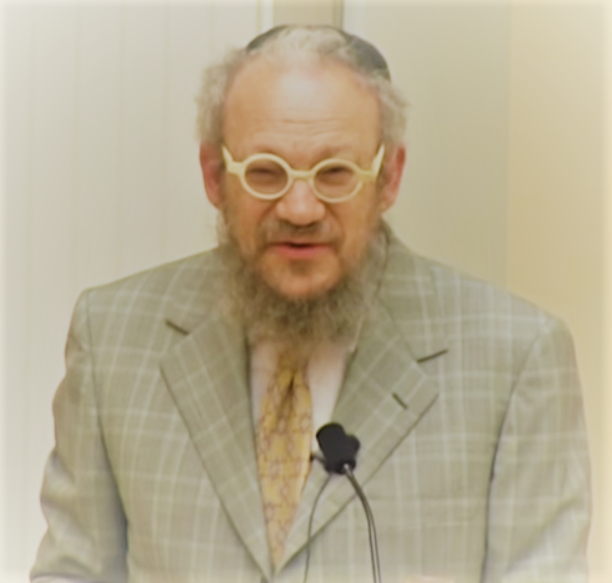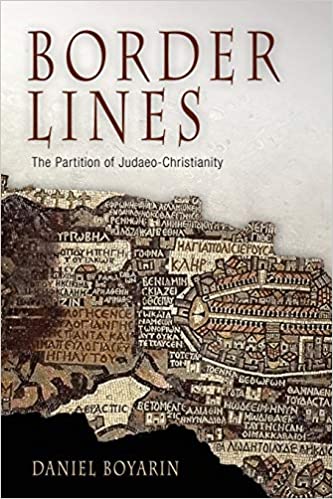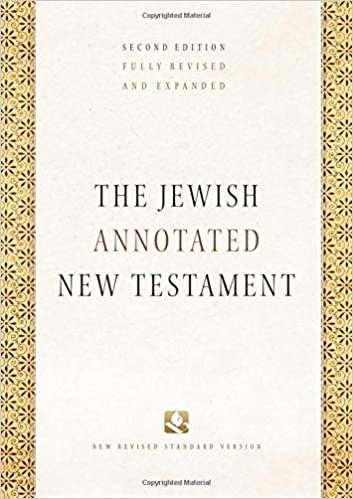Podcast: Play in new window | Download
Subscribe: Spotify | Email | RSS

Dr. Daniel Boyarin is the Hermann P. and Sophia Taubman Professor of Talmudic Culture in the Departments of Near Eastern Studies and Rhetoric at the University of California at Berkeley. He is the author of more than a dozen scholarly books and more than 150 scholarly articles in English and in Hebrew. He has been called one of the greatest living Talmudic scholars. Many Christians interested in historical theology or apologetics have read his work on ancient Jewish and Christian theologies, including his book The Jewish Gospels and his weightier Border Lines: The Partition of Judaeo-Christianity.
In this episode I present and explain some of his thoughts on interpreting the famous Prologue to the Gospel According to John. This is in his appendix called “Logos, a Jewish Word: John’s Prologue as Midrash,” in The Jewish Annotated New Testament, and in his book Border Lines. For Dr. Boyarin,
Until v. 14, John’s Prologue is a piece of perfectly unexceptional Jewish thought. . .

I start by explaining some of his interesting ideas about how one variegated religious scene split into two wholly separate religions in the 100s and 200s, and how the rabbinic movement changed the mix of Jewish theologies in late ancient and early medieval times.
The way Dr. Boyarin reads the opening of the fourth gospel, it is a unified whole; it is pointless to speculate about a pre-existing “Logos hymn” which the author has allegedly pasted in, and then he or another redactor modified it – some alleyways (arguably, dead-ends) much-explored in 20th c. scholarship. Boyarin argues that verses 1-5 are a “midrash” on the opening of Genesis 1, a sort of exposition of it using a later text in the Hebrew Bible, in this case, Proverbs 8. The rest of the prologue, he argues, explains how God’s wisdom eventually finds its fullest expression in Jesus. Like me, he understands that Jesus enters the scene at v. 14: “and the Word became flesh and dwelled among us.”
Do you find his interpretation of John 1 plausible? Why or why not?
Links for this episode:

- Dr. Boyarin’s homepage
- Dr. Boyarin’s publications
- The Jewish Annotated New Testament
- interview with co-editor Dr. Amy-Jill Levine
- Border Lines: The Partition of Judaeo-Christianity
- The Jewish Gospels: The Story of the Jewish Christ
- “No ‘Judaism’ In Josephus”
- “Enoch or Jesus? The Quest of the Historical Metatron”
- other trinities podcast episodes on John 1
- Numbers 11:23; Jeremiah 1:2; Sirach 24:1-34; Wisdom 7:22-10:21; Baruch 3:9-4:4; Genesis 1:1-5; Proverbs 8:22-36; John 1:1-18; Proverbs 8:30; Wisdom 9:9.
- This week’s thinking music is “Desert Castles” by Little Glass Men.

Interpreting the “logos” in John 1:1 as a synonym for “wisdom” seems problematic given that the word “wisdom” never appears in the GofJohn. Furthermore, “wisdom” ever said to be *God* in the Hebrew Bible or in the LXX.
Was “logos” said to be God in the Hebrew Bible or in the LXX?
Comments are closed.